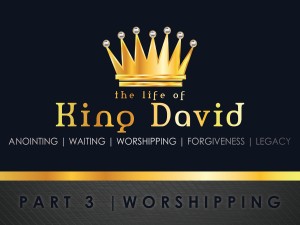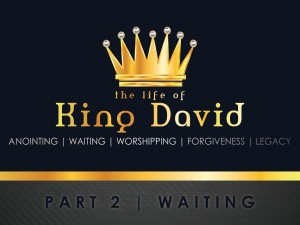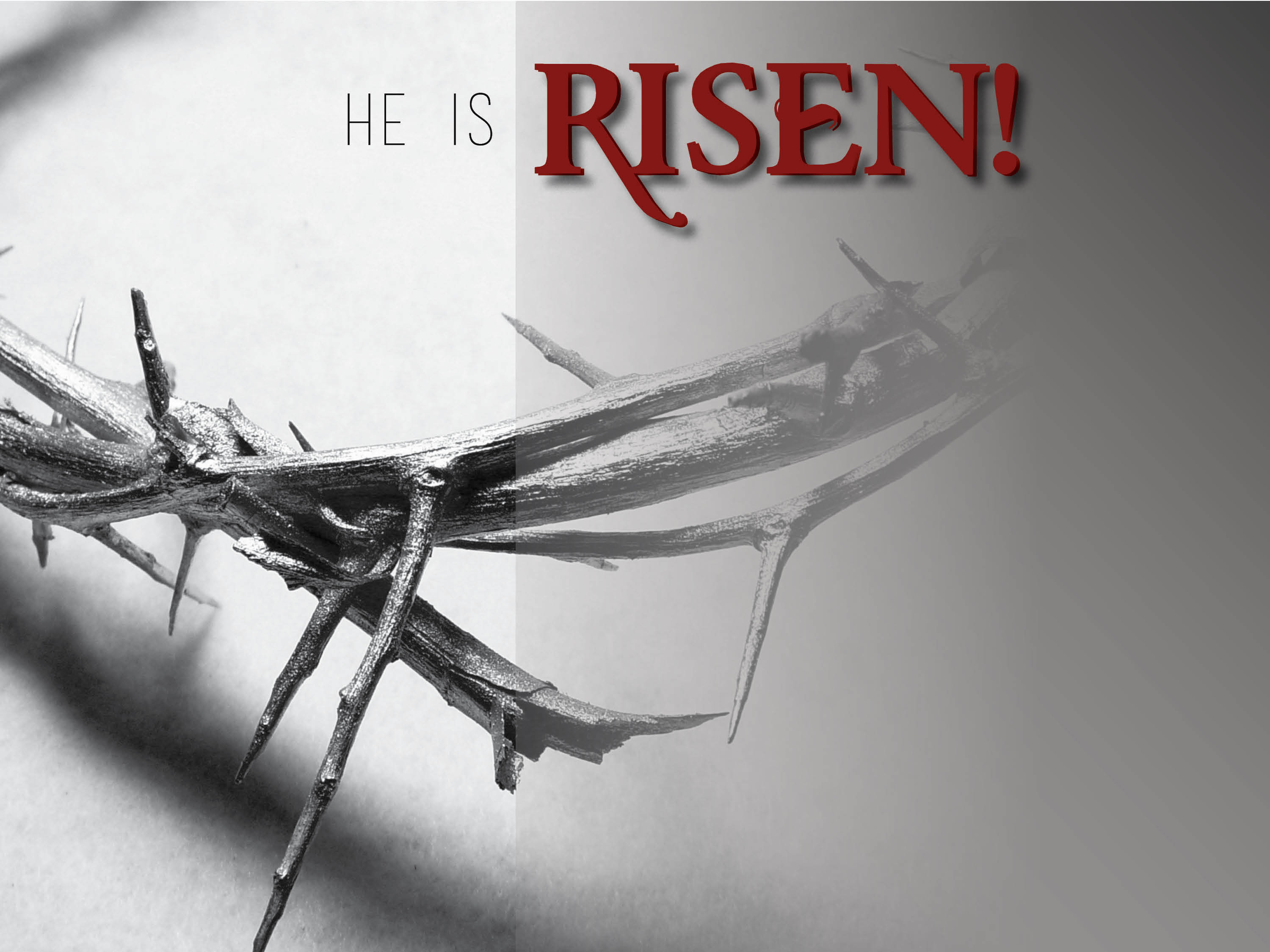
2 Samuel 12
Repentance
Have you experienced the annoyance and frustration of having your check engine light come on in your car?
When your check engine light comes on you have two options. Take the car to the shop and get it seen to, or ignore it and hope the problem will resolve by itself. Ultimately you have to do something about the check engine light. It is after all there for a reason.
In the story of David in 2 Samuel 11, things were looking good in Israel, the nation was united. David was a good and wise King. The nation was expanding, and it looked like everything that God had promised Abraham, Moses and Joshua was all about to come to fruition. But David began to rest on his laurels, and he began to enjoy the ease of his success. He took a break from going out with the armies in the springtime, he was probably about fifty years old at this time. David lapses into complacency and that is when he falls into sin. 2 Samuel 11 relates the well-known account of his adulterous relationship with Bathsheba and the murderous plot to cover up his sins.
After about a year, God sends his prophet Nathan to David to pronounce God’s judgment on him. On the surface it seems that he has gotten away with his sins, but he is being eaten away inside (see Psalm 32:3-4).
Nathan tells a simple parable, and then Nathan says those crashing words; “You are that man!”
Nathan continues by listing all that God has done for David, each line must have been like sharp darts piercing the heart of David; we read in verse 7 and 8
- “I anointed you King over Israel”
- “I delivered you from the hand of Saul”
- “I gave you your master’s house and wives”
- “I gave you all of Israel and Judah”
- “And I would have given you more”
And in verse 10, the judgment is read out: The sword will never depart from David’s house. Out of his own household, the Lord is going to bring Calamity. God will take his wives away mocking David in broad daylight. And the son born to David & Bathsheba will die.
The weight of the judgment must have sent David to his knees, he was being punished severely for his sins. God still punishes sins today. This does not mean that everytime we experience a tragedy it is because of God’s punishment, but sometimes it might be. The immediate punishment that we all feel when we sin is the loss of peace, that broken fellowship with God as we silence the voice of the Holy Spirit in our lives. Broken fellowship with God and broken fellowship with other believers. The truth is that private sins have public consequences.
But looking carefully at the verses we read you will notice a common thread in the judgment of God. God points out David’s physical wrongdoings, but there was a greater sin that David committed.
- Verse 9; “Why did you despise the word of the Lord’
- Verse 10; “…because you despised me…”
- Verse 14; “…you have shown utter contempt for the Lord,”
David’s sins were in effect saying to God that His blessings were not enough. All that God had given him was not good enough, he was tempted and craved for more.
This is the underlying cause of much of our sin if we know Jesus as our Lord and Savior, we sin because we want more than what he has blessed us with. We sin because we are not fully satisfied in Jesus.
God took the sins of David very personally, “David…you despised ME!” “You have shown utter contempt ME!”
If we think our sins are simply bad things that we do, and that God does not feel our sins, we are horribly mistaken. All of our sins are a personal affront to God. Because of our sin, Jesus went to the cross. He was punished because of our sins. It is personal, everytime we sin we show contempt for God.
David responds immediately and confesses his sins. He understands that his actions were an affront to God and he repents. It was at this time that David wrote Psalm 51, that great repentance Psalm, and he acknowledges that his sin is against God (see Psalm 51:3-4).
True repentance has 4 parts.
- Open unguarded admission – A full disclosure of our sins.
- Desire to make a complete break from the sin – Repentance means walking in the opposite direction.
- A humble and broken spirit. (see Psalm 51:17) Humility is a key to revival.
- Receiving God’s forgiveness and acceptance (see 1 John 1:9).
Getting back to that check engine light in your car. Our lives also have a check engine light, he is called the Holy Spirit. It is a lie from Satan to think that our personal sins are something that will not affect anyone else, and that we can handle our secret sins. The secret sins of; cheating on your taxes, not being completely truthful in our workplace, addiction to pornography (a “secret” sin that is destroying families), envy, pride, slander or gossip. Every time we sin, the check engine light in our lives comes on, and we try to ignore it, but it keeps getting brighter.
David felt the pain of unconfessed sin as we see in Psalm 32:3-4, but this Psalm ends with a shout of joy and praise to God as David experiences the relief and freedom as God forgives his sins. “Rejoice in the Lord and be glad, you righteous; sing, all you who are upright in heart!”
However God did not take away the consequences of David’s sin, but we don’t hear David complaining about that. Every sin has consequences. Sin leads to loss of privilege and status, those are real life consequences for sin. But by the grace of God, He is able to restore the sinner.
Look at the restoration that God accomplished in David’s life, Solomon was a son born later to David and Bathsheba. The Bible tells us that God loved Solomon and gave him supernatural wisdom. The child who should never have been born, became arguably the greatest king of Israel until Jesus himself. Praise God that even in the midst of the messiness of sin and repentance, there is redemption and grace.
It all starts with repentance. True repentance, acknowledging our sin before an all Holy God, turning the other way, humbling ourselves and accepting the forgiveness of our sins before the cross.
Repentance leads to freedom and health, but covering up our sins leads to further brokenness. Today we all have a choice, to choose life and freedom or to not repent of our sins before God and in so doing we choose death.

 Shortly after establishing his palace in Jerusalem, David decided to retrieve the Ark of the Lord and bring it to Jerusalem. The ark was the most sacred symbol that Israel had, it was the presence of God.
Shortly after establishing his palace in Jerusalem, David decided to retrieve the Ark of the Lord and bring it to Jerusalem. The ark was the most sacred symbol that Israel had, it was the presence of God.
 David had established Jerusalem as the political capital of the nation, but now he wanted it to be the religious capital, he would do this by building a tabernacle and setting the Ark of the Covenant in it on mt Zion.
David had established Jerusalem as the political capital of the nation, but now he wanted it to be the religious capital, he would do this by building a tabernacle and setting the Ark of the Covenant in it on mt Zion.








